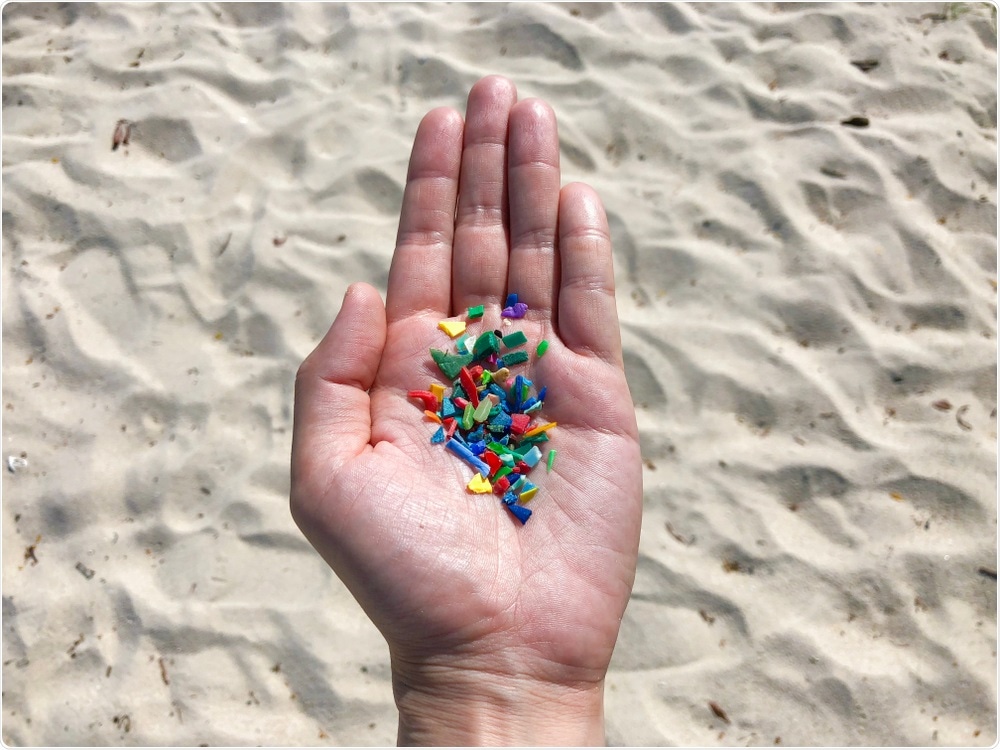An analysis of human stool samples taken from participants across eight countries has found that every single sample tested contained microplastic and that up to nine different plastics were present.
 Image Credit: Loretta Sze / Shutterstock
Image Credit: Loretta Sze / Shutterstock
The study, which was conducted by researchers at the Medical University of Vienna and the Environment Agency Austria, will be presented today at the 26th UEG Weekand in Vienna.
The researchers monitored a group of eight participants, one from each of Finland, Italy, the Netherlands, Japan, the UK, Austria, Russia, and Poland.
Microplastics are tiny plastic particles that are used intentionally in certain products but also created unintentionally through the degradation, weathering and tearing of larger pieces of plastic.
Microplastics could impact human health by affecting the gut’s tolerance and immune response through bioaccumulation or through enabling the transmission of pathogens and toxic chemicals.
Each of the participants kept a food diary for a week before their stool sample was taken and the diaries showed that all of them were exposed to plastic through eating foods that had been plastic-wrapped or through drinking from plastic bottles.
The stool testing identified up to nine different types of plastic, with the most common being polypropylene and polyethylene terephthalate.
On average, 20 microplastic particles were identified per 10g of each sample.
Lead researcher Philipp Schwabl says the study is the first of its kind and confirms what has long been suspected – that plastic reaches the human gut.
What this means to humans is of particular concern, he stresses, particularly for people with a gastrointestinal disease.
While the highest plastic concentrations in animal studies have been found in the gut, the smallest microplastic particles are capable of entering the blood stream, lymphatic system and may even reach the liver.”
Philipp Schwabl, Lead Researcher
Estimates show that 2-5 % of all plastics produced end up in the ocean, where they are consumed by marine life and ultimately enter the food chain.
Significant amounts of microplastic have been identified in lobster, tuna and shrimp.
“Now that we have first evidence for microplastics inside humans, we need further research to understand what this means for human health,” concludes Schwabl.